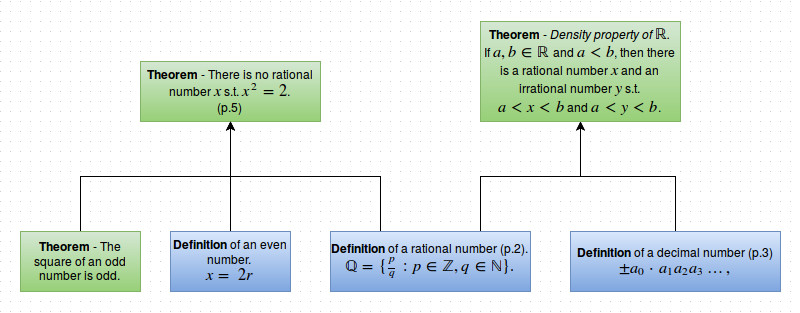In just over a month and a week I've submitted two 20+ page assignments. I'm exhausted.
The last section on Real Analysis was incredibly challenging. I was so short on time I realised I would've have enough time to type up the assignment for it in LaTeX, so I re-wrote all my answers neatly on paper just like the old days. In fact, I was SO tight on time, even after all this, I almost didn't make the submission. Never been so close to missing a deadline.
But overall, that whole month was incredibly stressful. I'm not sure how to avoid that kind of stress in future other than making sure I'm way ahead of the deadlines for the whole academic year. -and that's incredibly hard to do for a double-credit module like this one if you're working full-time. Yeah, that was unpleasant.
Anyway. Luckily, after all that, I had booked two weeks off for Easter. This meant my final assignment wouldn't be so much of a rush. The final assignment consisted of questions on everything from the entire academic year. There was no new material to learn for it, hence the two week deadline. Though if I hadn't taken this holiday, I don't think I would have been able to find the time to complete this last assignment. There was still a very large amount of work to do.
However... today I have submitted this last assignment too. That's it. All seven assignments complete. Material learnt. Course done.
All that's left is six weeks of revision, which will include a revision weekend off at the Open University campus in Milton Keynes. A rare chance to sit amongst fellow maths students. Although it very much isn't a break, I'll be treating it like one as I get to escape from London for a couple of days.
In fact, on the Friday I drive up I'll be stopping off at Bletchley Park! Expect photos in a few weeks...
In the mean time, I'm going to make an attempt to relax a little in my final week of vacation before going back to work and starting my revision period. Let's see if I can get my mind refreshed before the final push...

